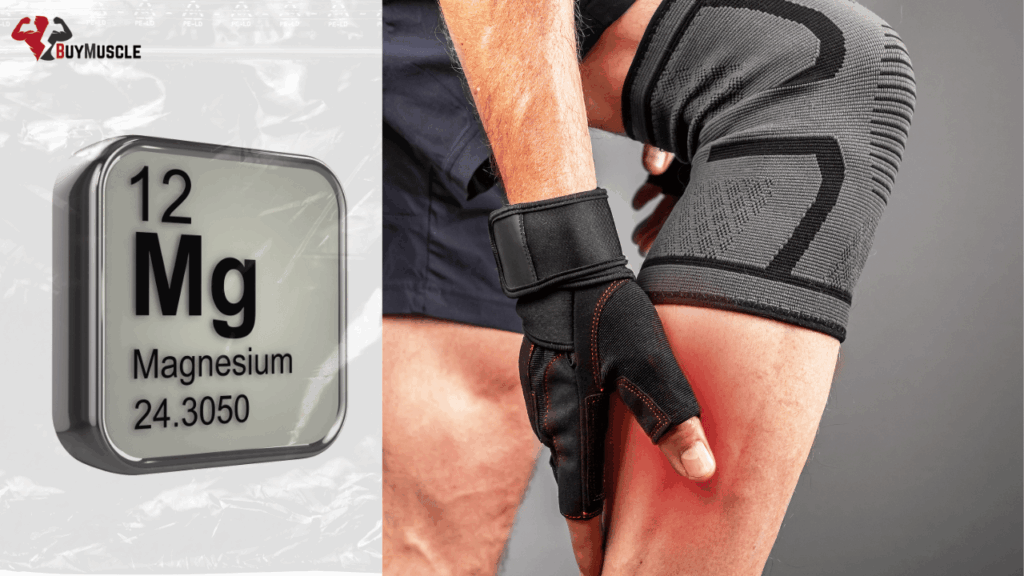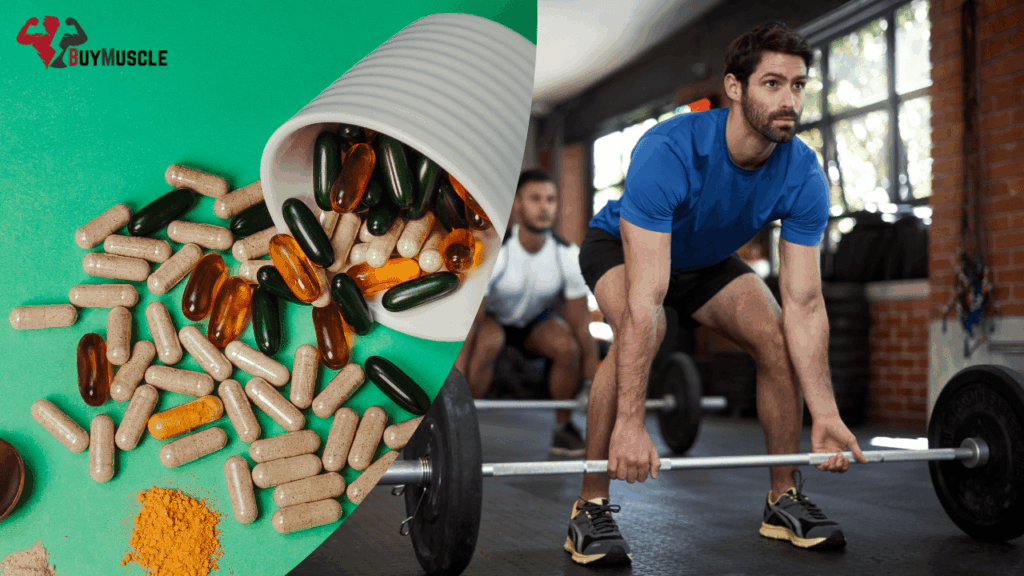Building Strength and Balance with Magnesium for Cramp Relief and Hormone Support
Magnesium is one of the most essential minerals in the human body, playing a foundational role in numerous physiological processes. From supporting cellular energy production to maintaining cardiovascular health, magnesium is indispensable. Increasingly, research is uncovering its importance in musculoskeletal strength, cramp prevention, hormonal regulation, and overall physical balance. As interest in natural and nutritional […]
Building Strength and Balance with Magnesium for Cramp Relief and Hormone Support Read More »







